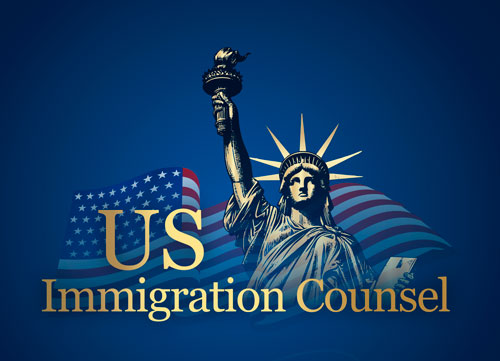Family Visas
Family-based visas allow U.S. citizens and permanent residents to sponsor certain relatives for immigration to the United States. The type of visa depends on the nature of the family relationship and the immigration status of the sponsor. Below is a breakdown of the main types of family visas and how the process works.
Types of Family-Based Visas
K-1 Fiancé(e) Visa
This visa is for individuals engaged to a U.S. citizen. It allows the non-citizen partner to enter the country for the purpose of marriage. The couple must marry within 90 days of the non-citizen’s arrival. After the marriage, the foreign partner can apply for a green card.
K-3 Spouse Visa
Designed for foreign nationals already married to a U.S. citizen, the K-3 visa allows entry to the U.S. while the I-130 petition is pending. It serves as a temporary solution to help families reunite sooner.
Immediate Relative Visa
This visa category is for spouses, unmarried children under 21, or parents of U.S. citizens. It does not have a yearly cap, making it one of the fastest paths to permanent residency.
Family Preference Visa
This visa allows extended family members to immigrate under a preference-based system. Eligible applicants include spouses and unmarried children of green card holders, as well as married children and siblings of U.S. citizens. However, this category is subject to annual limits and longer wait times.
Preference Levels:
-
F1 – Unmarried sons and daughters (21 or older) of U.S. citizens
-
F2A – Spouses and unmarried children (under 21) of permanent residents
-
F2B – Unmarried sons and daughters (21 or older) of permanent residents
-
F3 – Married sons and daughters of U.S. citizens
-
F4 – Siblings of U.S. citizens (21 or older)
How to Apply for a Family Visa
The application process begins with the U.S. relative filing the correct petition with U.S. Citizenship and Immigration Services (USCIS). For a K-1 visa, this is Form I-129F. For all other family visas, Form I-130 is required. The foreign beneficiary must also complete forms through the Department of State and schedule an interview at a U.S. embassy or consulate in their country.
Required Interview Documents
Applicants attending an interview will need the following:
-
Valid passport (with at least six months remaining)
-
Confirmation page of the online visa application (DS-260 or DS-160)
-
Receipt of paid visa fees (if required before interview)
-
Civil documents (birth certificate, marriage certificate, etc.)
-
Completed medical examination form
-
Affidavit of Support (Form I-864) from the U.S. sponsor
Additional documents, such as criminal records or proof of relationship, may also be requested.
Family Visa Extensions
Most family visas lead to permanent residency and do not require extensions. However, temporary visas like the K-3 and K-4 may require an extension via Form I-539 if the I-130 petition is still pending. K-1 visas, on the other hand, cannot be extended—adjustment of status must be filed after marriage.
Support Through the Process
Applying for a family visa can be a complex and emotional journey. Whether you’re planning to marry a U.S. citizen or reunite with close relatives, understanding the process and requirements is crucial. Our team is here to guide you every step of the way.

